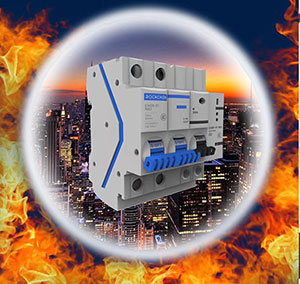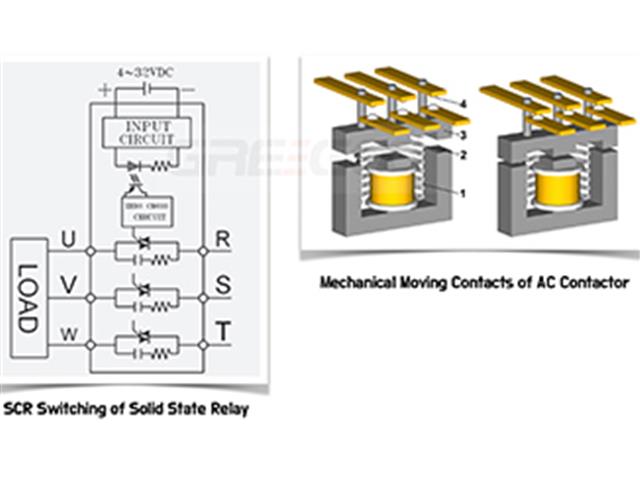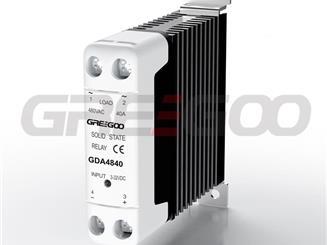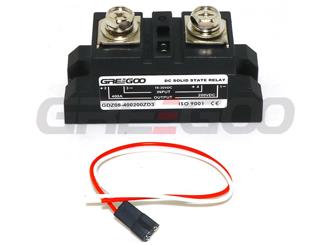Greegoo's Arc Fault Circuit Interrupter (AFCI) detects arc faults and de-energizes the circuit before a fire can start, is coming soon.
Electrical fires in homes break many result from arc faults. Arc faults are unintended electrical arcs that may ignite combustible materials in the home. Four types of arc faults may occur: line-to-line, line-to-ground, line-to-neutral, or a series arc fault, which is arcing over a gap within a single wire.
Arc Faults may arise from a number of situations
• Damaged wires
• Wires pinched to grounded metal box
• Worn electrical insulation
• Corroded connections
• Loose electrical connections
• Shorted wires
• Wires or cords in contact with vibrating metal
• Overheated or stressed electrical cords and wires
• Misapplied/damaged appliances
Greegoo's combination AFCIs help protect against all types of arc faults
An arc fault circuit interrupter (AFCI) detects arc faults and de-energizes the circuit before a fire can start. GE Combination AFCIs offer multiple kinds of protection.
1. Parallel protection − Combination AFCIs can detect and interrupt parallel arc faults (line-to-line, line-to-ground, line-to-neutral, or a series arc fault).
2. Series Protection − A series arc fault is the unintended flow of electricity over a gap within a single wire. These arc faults were not detectable until advanced technology allowed the development of the Combination AFCI breaker.
3. Overload protection.
4. Short circuit protection.
These combination AFCIs electronically identify unique current and voltage characteristics of all arc faults and de-energize the entire circuit when one occurs.


Comparison of Solid State Relays and AC Contactors in Terms of Instantaneous Current Withstand Capability
Therefore, in applications that require handling high instantaneous currents, AC contactors are usually more suitable than solid state relays.
Read More
Function and Application of Fast Vacuum Contactor as Bypass Switch
Fast vacuum contactors, when used as bypass switches, are widely applied in scenarios requiring efficient power management and continuous power supply due to their fast switching and high reliability.
Read More
How to choose a suitable Solid State Relays
Single phase or three phase, nominal voltage and current, potential surge or inrush current, AC or DC load, control signal, zero crossing type or random control ssr etc.
Read More
Low voltage drop DC SSR, charging and discharging DC SSR launched.
Low voltage drop DC SSR, charging and discharging SSR
Read More













